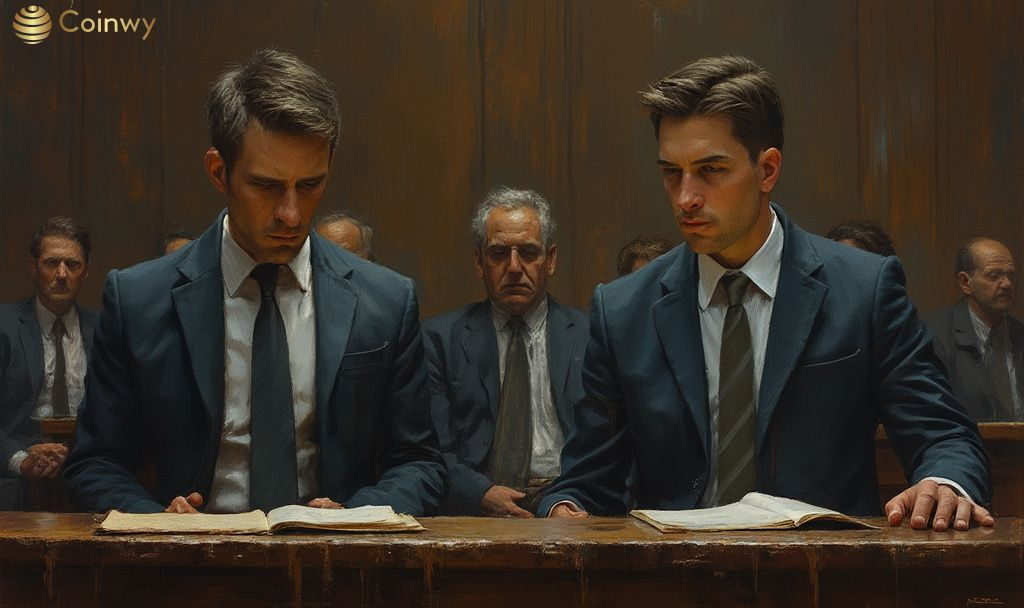- Defense claims prosecutors hid exculpatory evidence in privacy cases.
- Impact on crypto privacy tool development and confidence.
- Legal guidance questions prosecution’s interpretation of the law.
Defense lawyers in the Tornado Cash and Samourai Wallet cases have accused prosecutors of withholding critical evidence that could exonerate the defendants. This accusation centers around key developments in the ongoing legal battles involving privacy-focused cryptocurrency protocols.
Accusations against prosecutors could alter ongoing legal strategies and impact cryptocurrency privacy laws. If the allegations prove true, this could lead to reduced investor confidence in similar projects.
Prosecutors in Tornado Cash and Samourai cases are accused of not disclosing evidence that might absolve developers Roman Storm, Keonne Rodriguez, and William Hill. Critical evidence includes FinCEN guidance suggesting Samourai isn’t a money transmitter.
“This case should never have been initiated. Its dismissal would align the policies the Trump and the by the of Justice its recent guidance memo. Roman’s prosecution poses a risk to the entire crypto industry, and the interests of justice would be best served by its prompt dismissal. We will continue to advocate for Roman and that outcome.”
— Brian Klein, Attorney, Waymaker LLP
Roman Storm, involved in Tornado Cash, is represented by Brian Klein of Waymaker LLP. He argues that the prosecution should dismiss the case according to DOJ guidelines. Regulatory clarity remains crucial for crypto privacy tools.
Legal uncertainty affects cryptocurrency markets, particularly the Tornado Cash (TORN) governance token. Stalled legal proceedings are creating hesitance in privacy protocols. The situation may discourage innovation and development.
Past experiences show regulatory actions decrease liquidity and usage for affected tokens. Historical precedents suggest prolonged legal issues could drastically impact protocols like Tornado Cash, affecting Ethereum mixing activities. The persistent scrutiny could lead to a downturn in open-source privacy initiatives.
Immediate market effects include heightened caution among developers and users engaging with non-custodial privacy protocols. Long-term financial and regulatory outcomes depend on legal clarifications and industry acceptance of privacy technologies in cryptospace.
Defense strategies focusing on past regulatory decisions may guide future actions. DOJ guidelines, if consistently applied, could redefine legal approaches to non-custodial wallets. Outcomes might depend on clarifying the legal status of privacy protocols, which has widespread implications for the industry.






